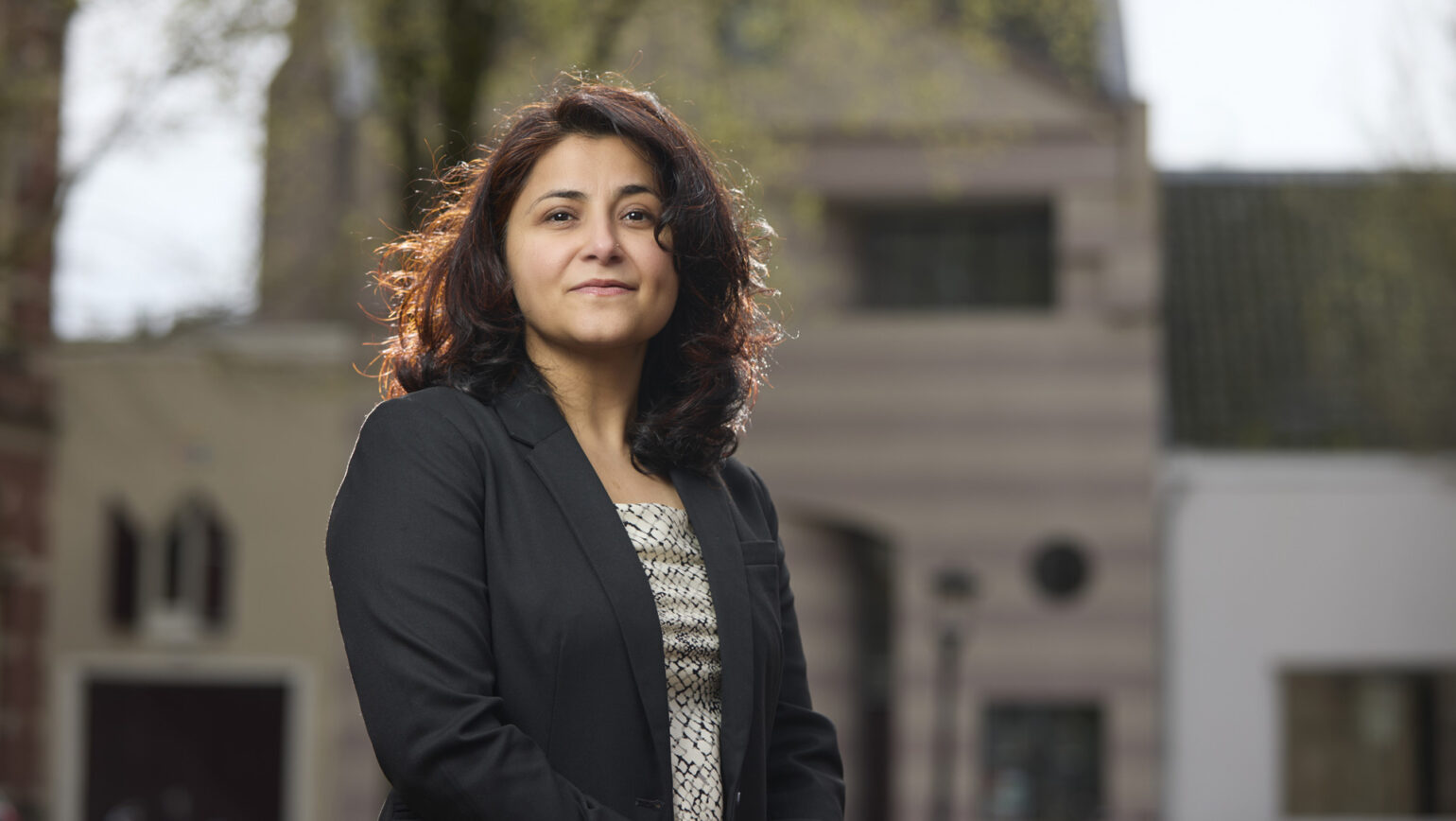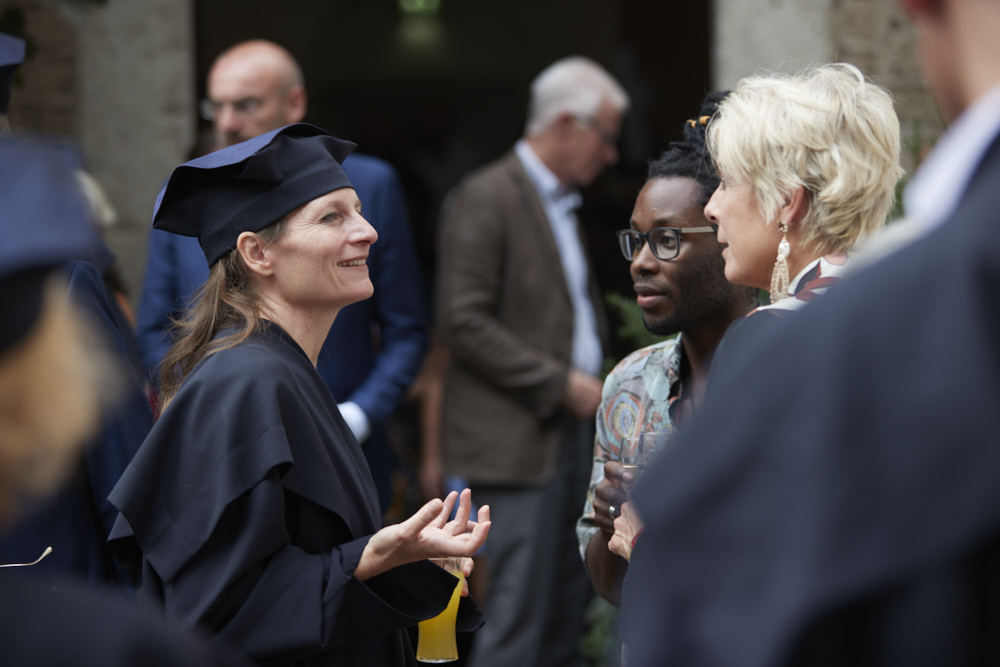‘We need to pay attention to the larger perspectives and discourses about technology’

Assistant Professor Neha Miglani discusses the connecting power of educational technologies.
“In my research on education technologies I have investigated the values, symbols and institutions that undergird its increasing uptake. When I worked as a researcher in India, I saw how teachers were figuring out the introduction of new devices and software in their classrooms. Teachers’ voices are typically marginalized in both educational policy and software design, whereas they are the ones who are confronted with the real educational work, making sense of new technologies and making them meaningful for children.
I realized that we need to pay attention to the larger perspectives and discourses about technology. The micro and macro perspectives work in tandem. At that time there was an immense optimism around educational technologies, and a lot of funding from all over the world. These things indeed affect its perception and implementation in schools. But then you dig deeper and see how much work goes in maintaining such optimistic discourses around technology. The institutional complexity also became important in studying EdTech in practice: How do different organizations – big tech companies, small start-ups, not-for profit organizations, philanthropies, multinational organizations such as the UNICEF, and national and local governments – come together to create collaborations and implementations in schools. Whose values and agendas are prioritized in these collaborations?
I see technology as deeply intertwined with the social organization itself; it is not separate from us. Humanistic values are central in my research: meaning making, critical thinking, social justice are important contours of researching technology. I mainly do ethnographic and in-depth qualitative research, and that involves seeing things from multiple perspectives: the lived realities of people, what they experience and feel, and what it means to be with something and make sense of it not just individually in the moment but also in their situated historical, cultural and political contexts. The multiple perspectives helps capture the complexity of the issue.
I am increasingly interested in digital or AI literacy, and how it is becoming extremely important for educational institutions, even governments. The discussion around digital literacy captures several competing ideas: the hopes, the expectations, the potentialities of the seemingly cutting-edge technology and but also the underlying anxieties, the fear of missing out, not knowing enough yet, or even ‘lagging behind’ as an individual, a school, or a country.
Another area of interest is how a lot of technology is being used for personal and communal well-being. Just think of smart watches or rings and digital trackers that monitor several aspects of your body like heart rate and so forth. There is also an increasing number of AI assisted tools, apps and forums that are being used for improving mental-health. I’m interested in the possibilities of well-being mediated by technology. Coming from a Sociology and Anthropology background, I am sometimes critical of these developments, that are focused on optimization of human bodies, enhancing productivity and increasingly quantifying human experience. But I’m also open to the possibilities it provides. Technology is constantly changing the way we relate to each other and the world. A student of mine for example is studying what does having conversations with ChatGPT do to our meaning-making? These questions seem to me extremely important to think about.”


